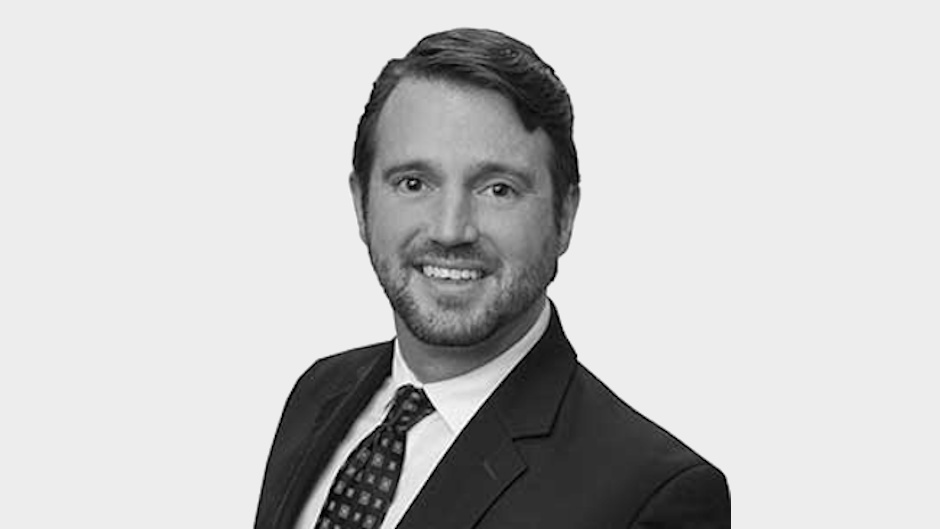His interest in defending constitutional rights began in high school where he first learned about the work of the ACLU. He was fascinated by the fact that ACLU would fight for people who were otherwise voiceless. After interviewing an ACLU employee on school voucher issues for a radio program in college, he was hooked. When Shaw arrived at Miami Law in 2000, ACLU did not have a chapter on campus. So he did what came natural to him—he co-founded an ACLU chapter along with classmate Holly Aliprandi, JD ‘03.
Currently a partner at Butler Weihmuller Katz Craig LLP, specializing in insurance bad-faith defense in Tampa, Shaw continues to work with the ACLU fighting injustices as the chair of the Legal Panel of the Greater Tampa ACLU Chapter. In this pro bono role that he has held for over nine years, he oversees volunteer attorneys investigating and prosecuting civil rights cases. He has worked on critical anti-discrimination issues, separation of church and state matters, and worked with local activists to help them establish a Police Review Board.
As a result of Shaw’s work on the legal panel, the ACLU recently represented a thirteen year old girl in an action to challenge the legality of a search of her backpack by police at school based on the fourth amendment. The police had already neutralized the suspected threat prior to searching the young girl’s belongings. His panel also successfully oversaw the ACLU bringing a lawsuit to challenge a wedding venue’s discriminatory practice of charging a higher rate to Mexicans than to other individuals. His experiences in law school volunteering in the community through HOPE, participating in Mock Trial, and organizing a lunch-time panel discussion on police review through the ACLU chapter prepared him to handle these complex matters.
While at Miami Law, in addition to being an elected officer of the newly formed ACLU chapter, Shaw was a Miami Scholar, an Articles and Comments Editor for the University of Miami Law Review, a member of Phi Delta Phi, and he was active in Equity Playhouse.
As one of the members of the first class of Miami Scholars, a scholarship program for students with a passion for public service, Shaw was grateful for the opportunity to engage with professors, judges, students, and other members of the public interest community at monthly luncheons. Through these discussions he realized that law students do not have to choose between doing public or private sector work – they can do both. Since entering private practice after graduation, he has provided exceptional advocacy to his private clients while continuing to give back to the community.
Shaw recommends that all attorneys engage in pro bono work, no matter their specialty. Not only does it lead to connections that may open new doors for opportunities in the private sector, but doing something that alleviates someone else’s burden provides fulfillment. Shaw says that making time for pro bono work is not as hard as it sounds. However, it is essential to be upfront with a firm about the importance of pro bono work to you during an interview and explore how supportive the firm’s policies are towards pro bono matters.
Shaw advises law students interested in doing pro bono work in the private sector to keep in touch with colleagues in law school who are engaged in public interest work. Keeping in touch with those peers may lead to opportunities later on. Shaw became the chair of the Legal Panel of the Greater Tampa ACLU Chapter only because he reached out to a former Miami Law classmate who worked at ACLU when he moved to Tampa.
The Miami Law chapter of ACLU is still very active on campus thanks to Shaw’s initiative and dedication. For more information about the Miami Law chapter of ACLU, contact the organization’s president, Giordi Valdivia, at gvaldivia@students.law.miami.edu. For more information about the work of ACLU in Florida, visit the ACLU of Florida’s website.

